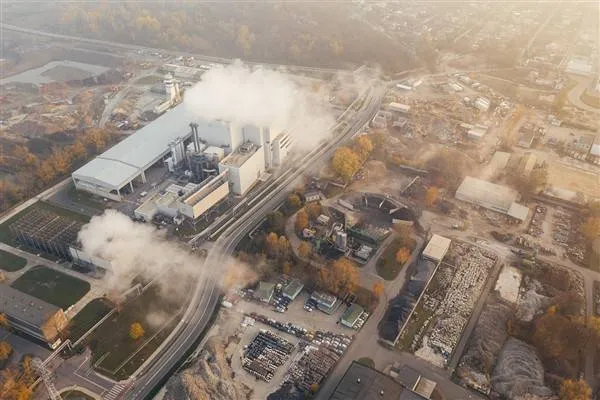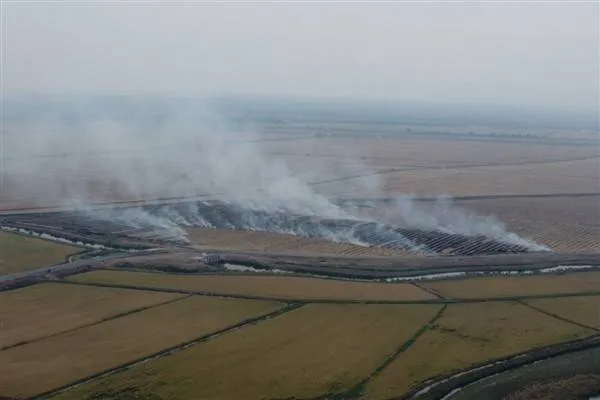Report: Joint action on greenhouse gases could prevent climate breakdown devastation
Istanbul, November 6 (Hibya) – According to a new assessment, if governments act jointly on greenhouse gas emissions, the world still has a chance to avoid the worst effects of climate breakdown and return to the 1.5 degrees Celsius target.
The Climate Analytics report states that government targets are insufficient and need urgent revision, calling for a rapid increase in renewable energy use and the electrification of key sectors such as transport, heating, and industry.
World leaders will gather on Thursday and Friday in Belém, a small city near the mouth of the Amazon River in Brazil, to discuss the climate crisis ahead of the UN Climate Summit COP30, which begins on Monday. Temperatures have already exceeded, for two consecutive years, the 1.5°C global warming threshold set by the 2015 Paris Agreement relative to pre-industrial levels.
According to the United Nations Environment Programme (UNEP) report released this week, the current national plans announced by governments will lead to warming of around 2.3 to 2.5°C. Scientists warn that this level would cause a major rise in extreme weather events and devastating damage to key natural systems of the planet.
The Climate Analytics research group says that the proposed roadmaps could limit warming to 1.7°C by 2050. By phasing out fossil fuels and using carbon removal technologies to extract CO₂ from the atmosphere, the figure could be reduced to 1.5°C by the end of the century.
However, this would not eliminate the danger of exceeding 1.5°C. Scientists are aware of several crucial tipping points that could be triggered by further warming, such as the melting of the Greenland ice sheet and the transformation of the Amazon rainforest from a carbon sink into a carbon source.
The exact temperatures at which these events might occur remain uncertain, and every degree of additional warming brings risk. According to recent research, one major tipping point — coral bleaching in warming oceans — may already have been reached.
Climate Analytics CEO Bill Hare said: “Exceeding 1.5°C is a sad political failure that will lead to avoidable damage and tipping point risks. Yet, this roadmap shows that we still have it within our power to bring warming well below 1.5°C by 2100.”
“To minimize the risk of irreversible climate damage and the crossing of critical tipping points, we must do everything possible to limit the time spent above this safety threshold.”
At COP30, all countries are expected to submit their national climate plans under the 2015 Paris Agreement. These plans, known as Nationally Determined Contributions (NDCs), set out emission reduction targets and measures to achieve them. However, fewer than half of the countries have submitted their NDCs ahead of the summit, and most of those submitted are deemed inadequate.
British News Agency















